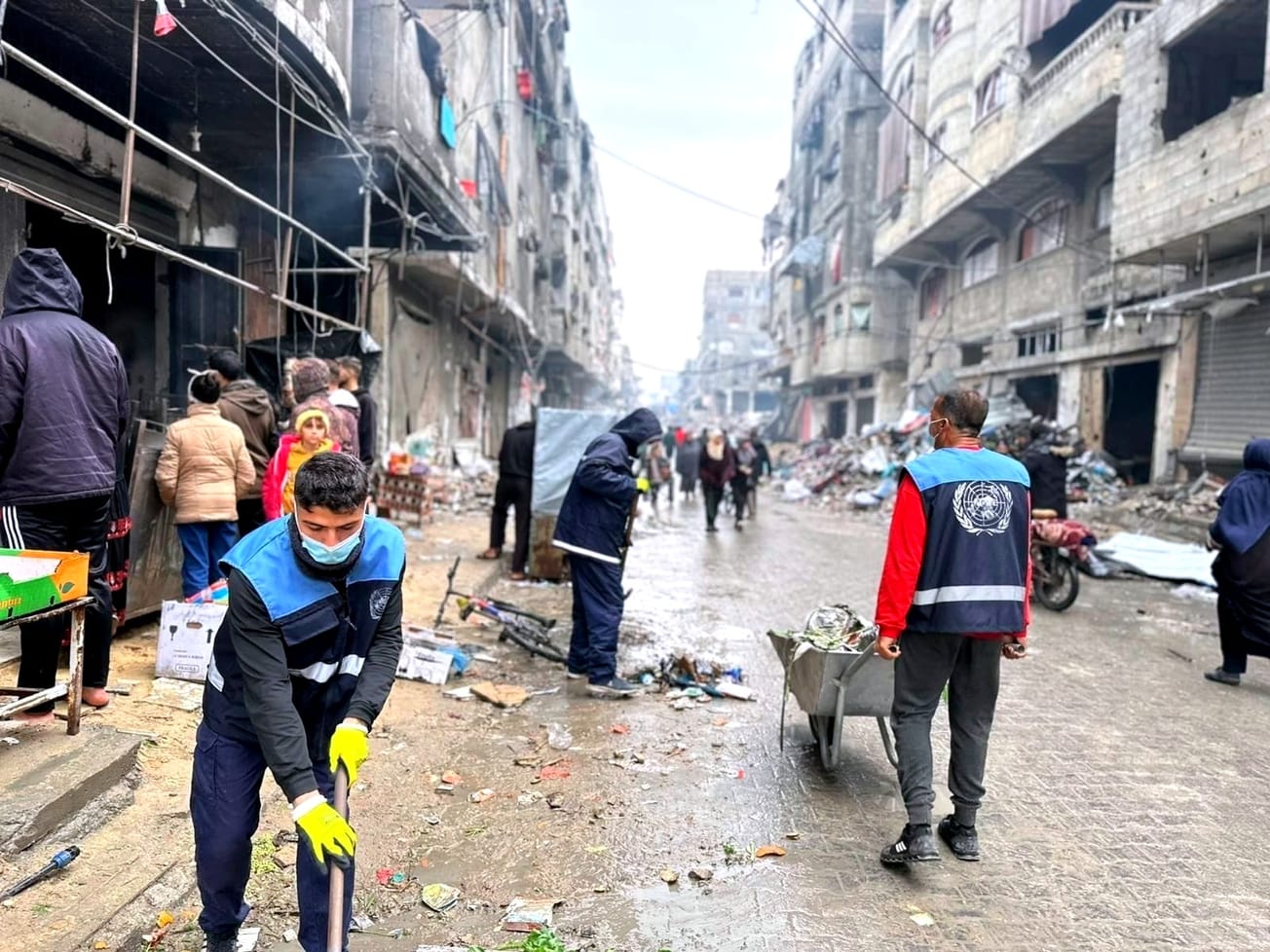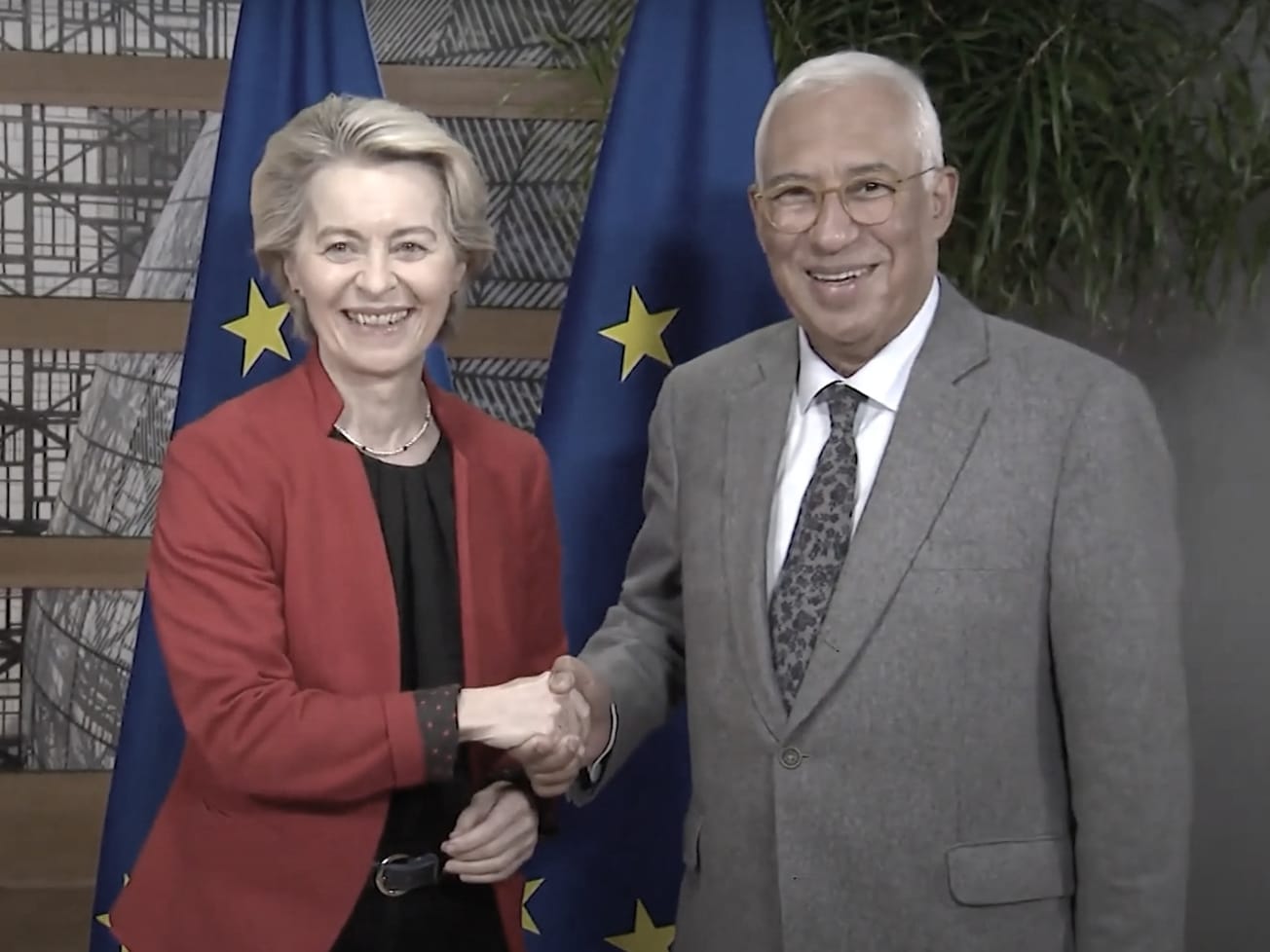A Palestinian request for a full investigation into Israeli settlement policies and alleged crimes brings into focus the nearly 16-year-old International Criminal Court's role in delivering justice to those responsible for the world’s worst crimes.
The Hague-based institution, an independent tribunal that is not part of the United Nations system, is intended to step in only when nations are unwilling or unable to dispense justice themselves. It is the world’s first permanent international criminal court with the jurisdiction to prosecute individuals for the most serious crimes under international law — crimes against humanity, genocide, war crimes and aggression.









